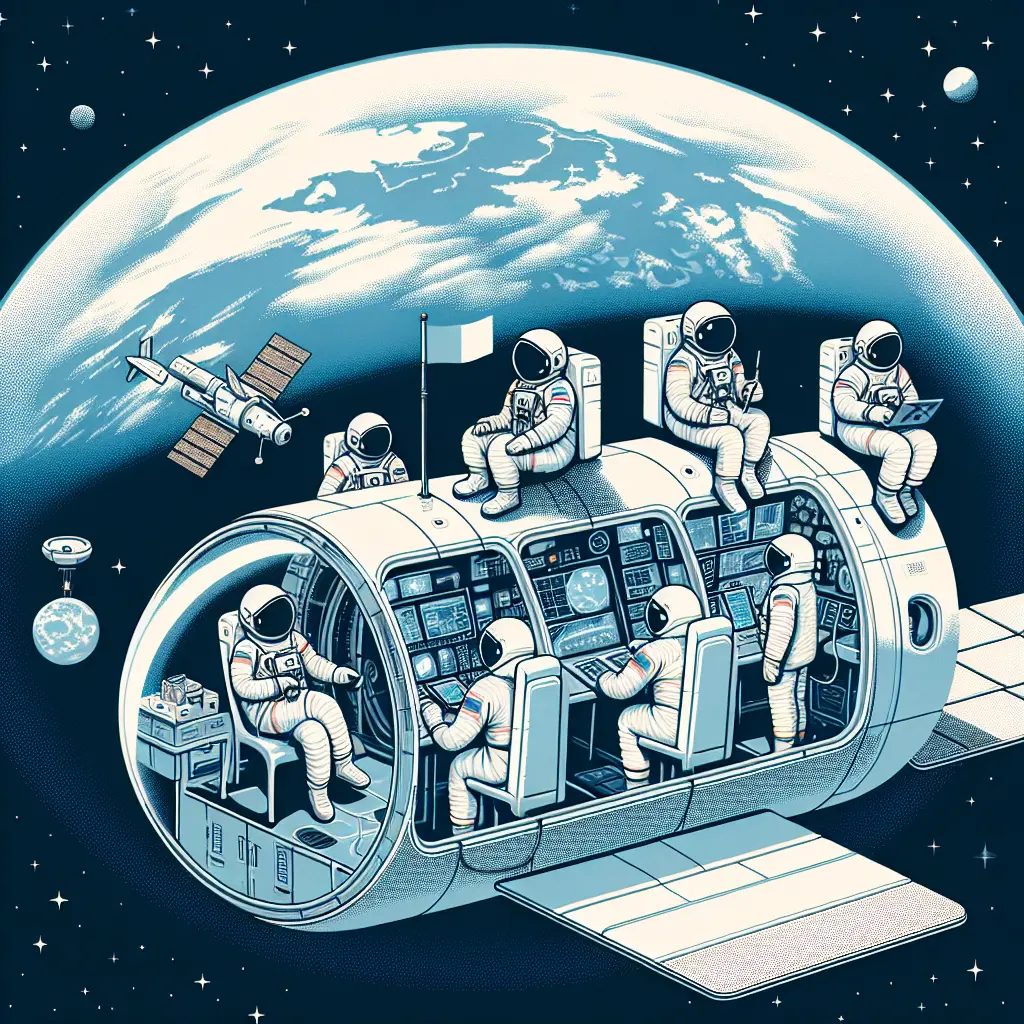
NASA's latest mission promises an unexpected journey for astronauts Suni Williams and Butch Wilmore, extending their stay in space until 2025.
The vast expanse of outer space continues to challenge and fascinate humanity, with missions like the Boeing Starliner exemplifying our relentless pursuit of knowledge and exploration. Originally scheduled for a shorter duration, astronauts Suni Williams and Butch Wilmore's mission has now been extended, highlighting NASA's adaptive strategies in space exploration.
Extended Mission: A New Space Chapter
When astronauts embark on a mission, they prepare meticulously for every possible scenario. However, space is unpredictable. The extension of the Boeing Starliner mission means that Suni Williams and Butch Wilmore will have to adapt to new plans while orbiting the Earth.
Research and Experiments: During their extended time in space, Williams and Wilmore are set to engage in critical research. This includes experiments that could yield insights into prolonged space habitation, crucial for future missions to Mars or beyond.
Maintenance Tasks: Maintaining the integrity and functionality of the spacecraft and the International Space Station (ISS) is paramount. The astronauts will perform various maintenance tasks to ensure that all systems are running optimally.
Communication with Earth: Regular communication with NASA's ground control will provide essential updates on their progress and any unforeseen challenges they might face.
Life in Space: Adaptation and Resilience
Living in space requires significant adjustments. With their stay extended, Williams and Wilmore will experience life in zero gravity for an unprecedented period, testing human endurance and psychological resilience.
Daily Routine: Despite the extended timeline, maintaining a structured daily routine remains crucial. Exercise, scientific duties, and leisure activities are vital for both physical health and mental well-being.
Psychological Challenges: Prolonged isolation and confinement can pose psychological challenges. NASA’s support systems play a critical role in ensuring the astronauts' mental health is prioritized.
The Broader Impact
The findings from this mission are expected to contribute significantly to NASA's long-term goals. Understanding the impacts of extended space travel on humans is essential as we look toward more ambitious missions.
Additionally, this mission reinforces the importance of international collaboration in space exploration. The ISS serves as a global hub for scientific research, with countries pooling resources and expertise for mutual benefit.
For more details on this mission and its implications, you can read the full article here.
Conclusion
As NASA pushes the boundaries of space exploration, missions like these not only enhance our understanding of the cosmos but also prepare us for future challenges. Suni Williams and Butch Wilmore’s extended mission will provide invaluable insights into human endurance in space, paving the way for future explorers.
Thank you for joining us on this exploration into NASA's latest endeavors. Until our next celestial adventure, keep looking up!
Author: Sophia Martin